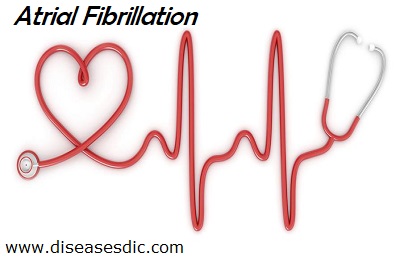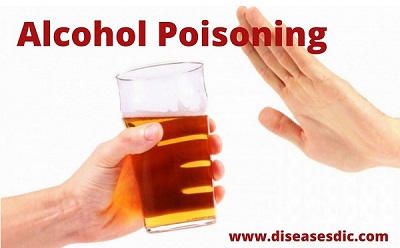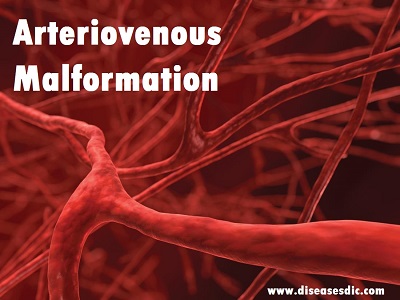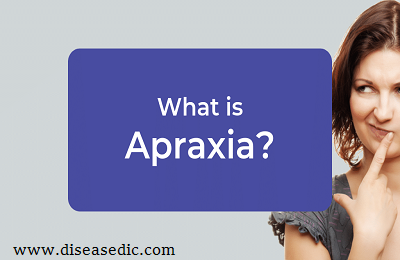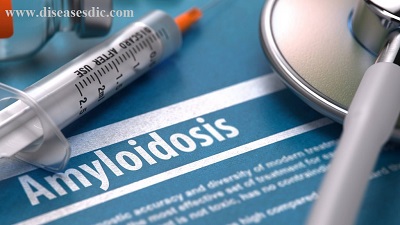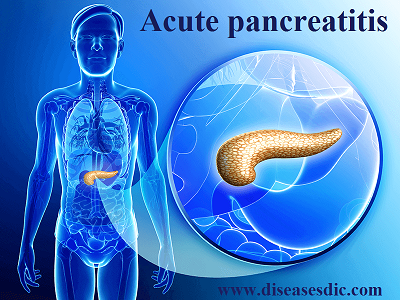Description – Atrial Fibrillation Atrial fibrillation is an irregular and often rapid heart rate that can increase your risk of strokes, heart failure, and other heart-related complications. During atrial fibrillation, the heart’s two upper chambers (the atria) beat chaotically and irregularly — out of coordination with the two lower chambers …
Read More »Anthrax – Causes, Dangers, Treatment, and Prevention
Definition Anthrax, also called malignant pustule or woolsorters disease, acute, infectious, febrile disease of animals and humans caused by Bacillus anthracis, a bacterium that under certain conditions forms highly resistant spores capable of persisting and retaining their virulence for many years. Although it is most commonly affects grazing animals such …
Read More »Alcohol Poisoning- Causes, Prevention, and Treatment.
Definition Alcohol poisoning can occur when a person drinks large quantities of alcohol, including beer, wine, and liquor, in a relatively short time. As the amount of alcohol in the bloodstream increases, the liver can’t break down the alcohol and remove its toxins from the blood quickly enough. The excess …
Read More »Arteriovenous malformation- Overview, Causes and Treatment
Definition Arteriovenous malformation is a congenital disorder (present from birth) characterized by a complex, tangled web of arteries and veins in which there are a short circuit and high pressure due to arterial blood flowing rapidly in the veins. An AVM may occur in the brain, brainstem or spinal cord. …
Read More »Apraxia – Causes, Symptoms, and Treatment.
What Is Apraxia? Apraxia is a poorly understood neurological condition. People who have it find it difficult or impossible to make certain motor movements, even though their muscles are normal. Milder forms of apraxia are known as dyspraxia. Apraxia can occur in a number of different forms. One form is …
Read More »Amyloidosis – Symptoms, Treatment and Prevention
Definition Amyloidosis is a rare and serious protein deposition disease. It is caused by an abnormal protein called amyloid that builds up in tissues or organs. As the number of amyloid protein deposits increase in a tissue or organ, they interfere with the tissue or organ’s healthy function. Eventually, amyloid …
Read More »Acute pancreatitis- Symptoms, Treatment and Prevention
Definition Acute pancreatitis refers to an acute inflammatory process of the pancreas, usually accompanied by abdominal pain and elevations of serum pancreatic enzymes. This syndrome is usually a discrete episode, which may cause varying degrees of injury to the pancreas and adjacent and distant organs. The incidence of acute pancreatitis …
Read More »Acute Flaccid Myelitis – Introduction, Causes, and Prevention.
Introduction – Acute Flaccid Myelitis Acute flaccid myelitis (AFM) is a rare disease that affects the spinal cord, the part of the nervous system that carries messages to and from the brain. Symptoms of AFM include sudden (acute) weakness in the arm(s) or leg(s), along with loss of muscle tone …
Read More » Diseases Treatments Dictionary This is complete solution to read all diseases treatments Which covers Prevention, Causes, Symptoms, Medical Terms, Drugs, Prescription, Natural Remedies with cures and Treatments. Most of the common diseases were listed in names, split with categories.
Diseases Treatments Dictionary This is complete solution to read all diseases treatments Which covers Prevention, Causes, Symptoms, Medical Terms, Drugs, Prescription, Natural Remedies with cures and Treatments. Most of the common diseases were listed in names, split with categories.
